Pros And Cons Of Hyaluronic Acid (Skincare&Injection)
Hyaluronic acid (HA) has become a buzzword in the skincare world, and for good reason. This powerhouse ingredient is known for its incredible ability to retain moisture, making it a staple in many hydrating and anti-aging products. But like anything in skincare, it’s not a one-size-fits-all solution. To make the most out of your skincare routine, it’s important to weigh the pros and cons of hyaluronic acid. This helps you understand whether it’s the right fit for your skin needs and how to use it effectively. Let’s dive into what makes HA so special and where it might fall short.
Pros of Hyaluronic Acid for Skincare

- Effective Hydration
Hyaluronic acid is fantastic at locking in moisture, making it a go-to for keeping skin hydrated. It’s so good at holding water that just a small amount can retain up to 1.5 gallons of water, which is why it’s a favorite in moisturizers and serums. - Improves Skin Flexibility and Elasticity
It helps your skin stay flexible and elastic, which means it can stretch and bounce back more easily. This contributes to a smoother, more supple look and feel. - Reduces the Appearance of Wrinkles
By plumping up the skin and boosting hydration, hyaluronic acid can help reduce the visibility of fine lines and wrinkles. It’s like giving your skin a little extra cushion! - Supports Wound Healing
It plays a role in speeding up the healing process and minimizing scarring, which can be particularly helpful for acne scars and other skin injuries. - Gentle on the Skin
Most people tolerate hyaluronic acid well, with minimal risk of irritation. This makes it a great choice for those with sensitive skin. - Suitable for All Skin Types
Whether you have dry, oily, or combination skin, hyaluronic acid is generally safe and effective. It’s versatile and works across different skin types without causing problems.
Cons of Hyaluronic Acid for Skincare
- Limited Penetration
One drawback is that the size of hyaluronic acid molecules can limit their ability to penetrate deep into the skin. This means that while it’s great on the surface, its effects might not reach deeper skin layers as effectively. - Effectiveness Varies
The results you get from hyaluronic acid can vary. Factors like your genetics, lifestyle, and environmental conditions play a role in how well it works for you. - Potential for Sensitivity
Though rare, some people might experience sensitivity or mild irritation, particularly with higher concentrations or more potent formulations. - Formulation Dependence
The effectiveness of hyaluronic acid is highly dependent on the product’s formulation. If the product isn’t properly formulated, it might not be as stable or effective. - Risk of Overuse
Using too much hyaluronic acid or applying it incorrectly can potentially disrupt your skin’s natural hydration balance, though this is not very common. It’s always good to use it as directed to avoid any issues.
Pros of Hyaluronic Acid Injections

- Short Procedure Time
Hyaluronic acid injections are quick, usually taking around 15 minutes. This makes them a convenient option for those with busy schedules who want to enhance their appearance without committing to a lengthy process. - Minimal Downtime
Since it’s a non-surgical procedure, the recovery time is relatively short. While some swelling and bruising are common, these typically subside within days or weeks, allowing you to return to your regular activities sooner. - Immediate Results
One of the biggest perks is that the effects are often visible right after the procedure. This instant improvement can be a major advantage if you’re looking for quick results.
Cons and Risks of Hyaluronic Acid Injections
- Potential Side Effects
Hyaluronic acid injections can lead to side effects such as bruising, swelling, infection, and allergic reactions. There may also be issues related to blood flow, though these risks can vary depending on the injection site and individual factors. - Non-Permanent Effects
The results from hyaluronic acid injections are not permanent. Typically, the effects last between 6 to 18 months. To maintain the desired results, regular touch-ups are necessary, which may involve ongoing costs and commitment.
Side Effects and Risks of Hyaluronic Acid Injections
- Pain
Mild discomfort or pain may be experienced once the anesthesia wears off, but it typically resolves within 2-3 days. - Redness and Swelling
Redness and swelling are common after the procedure, usually lasting 2-3 days. These effects are generally manageable with makeup and tend to subside on their own. - Bruising
Bruising can occur, particularly in sensitive areas like under the eyes. This generally fades within a few days to weeks. - Swelling
Initial swelling can be pronounced, especially in delicate areas. It usually decreases within 1-2 weeks.
*Not Suitable For: Pregnant or breastfeeding individuals, those with allergies to hyaluronic acid or anesthetics, autoimmune disorders, diabetes, or using anticoagulants.


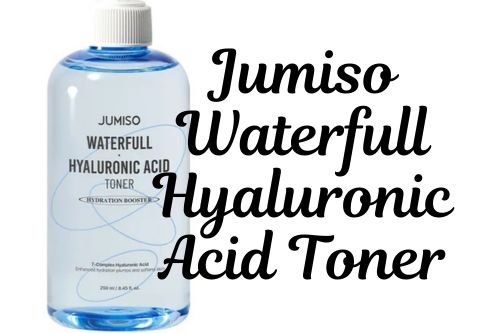
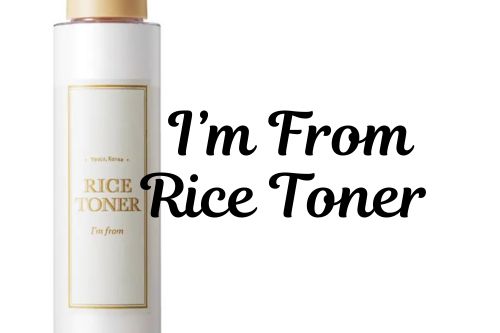

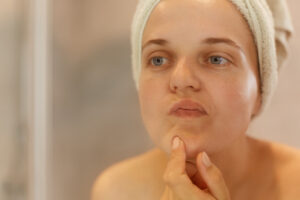
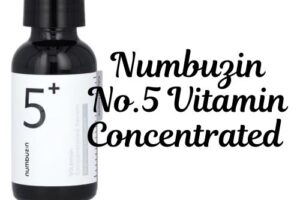
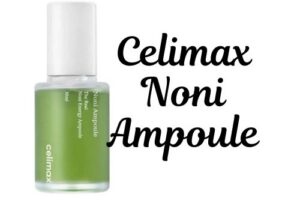
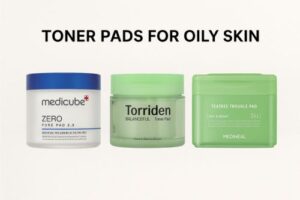





6 comments